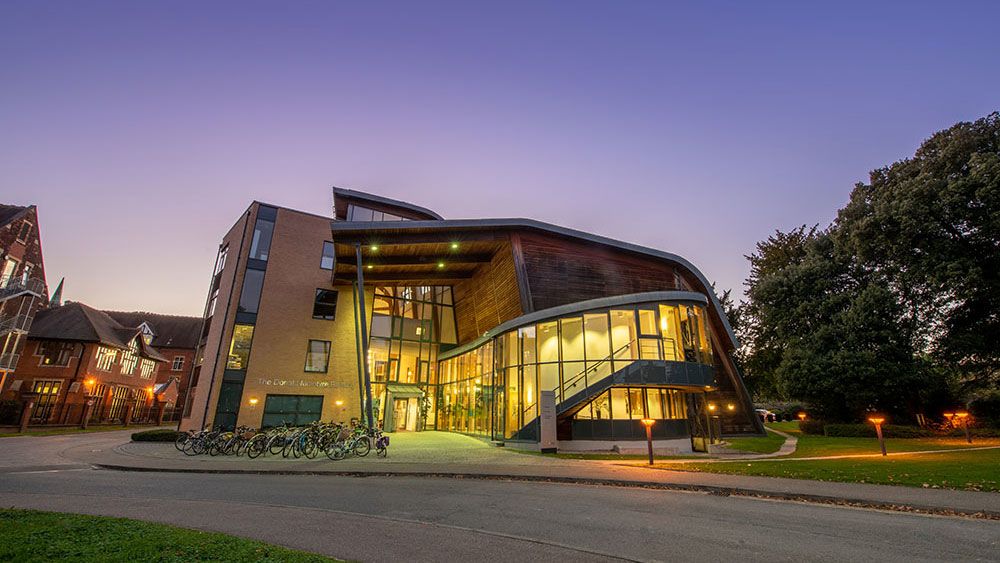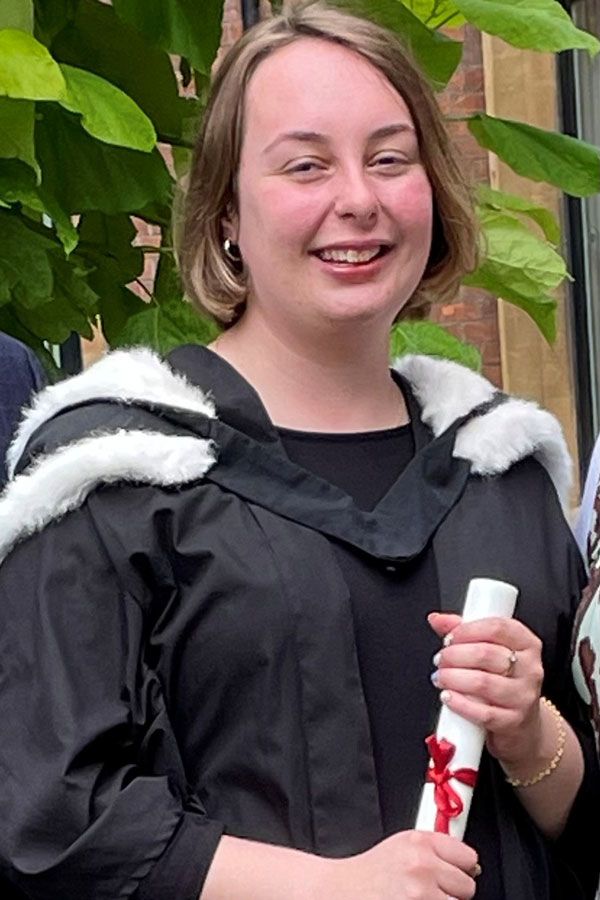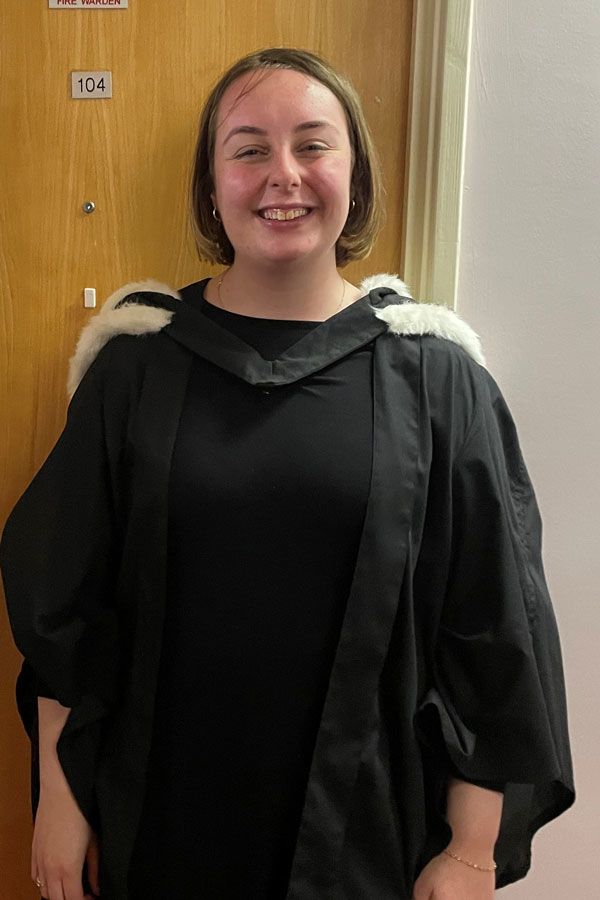What do Education graduates do next?

I started off at Cambridge with a very different academic career in mind!
I was originally admitted to Homerton College to do veterinary medicine and actually did two years of preclinical training. But by the end of my second year, I knew that I didn’t want to be a vet.
I ended up transferring to the Education degree as a third year student and eventually graduated with a degree title that nobody understands: Education, plus – in brackets – preclinical veterinary sciences!
The passion for Education was always there, but it was my mum who helped me see that.
All through my student days, and even before, I was helping children and young people: tutoring students at GCSE and A-Level, running a youth club, and – because I’m also a musician – running a youth woodwind band. I went to a state school in Bolton, so I also did a lot of work with local students who were applying to Oxford or Cambridge.
When the whole vet thing was going wrong, I remember ringing my mum on the day of one of my pharmacology exams and saying: “Mum, I just don’t want to do this anymore.” She replied; “What do you want to do? Is it Education?” She knew me better than I did! She pointed out that I had been doing all these different education-related things, and I was cramming them into my evenings, weekends and spare time, when of course I could have been putting them at the heart of what I was doing.
Emily graduating in 2024
Emily graduating in 2024
Even in one year, I covered so much – including a very personal dissertation
After I switched, my supervisor (Dr Helen Demetriou) became a brilliant mentor who guided me through the course. The Education course is so broad that even in a year I covered an amazing range of different things: sociology; the study of children’s play and imagination; children’s literature, and a dissertation on dyslexia.
The dissertation topic came from personal experience because I was diagnosed with dyslexia during my second year at Cambridge. I really struggled with, for example, distinguishing between the names of drugs. One of my supervisors picked up on this and I was subsequently diagnosed with dyslexia, dyspraxia and ADHD, which was a bit of a shock.
Building on that experience, my dissertation looked at how identifying dyslexia early (in children) and later identification (in university-level students) affects how students think about themselves academically. It showed that late diagnosis often leads to masking and compensatory strategies, which isn’t great for academic self-esteem. So it highlighted the importance of devising and implementing strategies to spot these symptoms early.
I remember thinking, “I love this; this is what I want to do.”
I had no idea what I was going to do with my life, but the Education course opened up so many possibilities.
Even when I switched to the Education degree I had no idea where it was going to take me. I was able to go into a primary school as part of my coursework, however, and that was a lightbulb moment, I remember thinking, “I love this; this is what I want to do.”
Something you never realise until you study education at university is how much it’s grounded in research. At school, I just assumed teachers knew this stuff and passed it on. It blew my mind that teaching – the whole idea of education – is in itself something you can study and that we can research all these things about how to make children’s lives better.
After the course, I decided to go into teaching and did my PGCE (Primary) at the Faculty as well. The irony is that I’m the only one from my year who went into teaching! One of my best friends works in education policy in France, but others went on to work in theatre, design, charities, or NGOs. The course gives you a grounding in so many areas which means that you can pursue all sorts of careers.
Now I teach children from some of the toughest backgrounds imaginable – and it’s the best job in the world.
I moved back to Bolton because I wanted to invest in education where I am from. I now teach in a primary school 10 minutes from where I grew up, where a high percentage of the students are pupil premium. Most of the children in my class are International New Arrivals and between them, they speak 40 different languages. Some are looked-after children, some are young carers, some are SEND students. The community has a lot of asylum seekers and some of these children are from the worst situations you can imagine; we have lots of students from Ukraine, for example.
For many of our children, school is a safe and stable place in their lives. Our headteacher believes teachers should be free to teach – not swamped by admin – and we put a lot of emphasis on cultural capital (a term I actually first encountered doing my Education degree!) There are lots of workshops and field trips: one of them was actually literally to a field to look at the ecosystem in it, because some of these children have never been outside Bolton.
The standards the school reaches with these children are amazing. A high percentage work at “greater depth” (above age-related expectations). One of my students recently got into a local grammar school on a full scholarship.
She came up to me and said, “Thank you so much, Miss Nixon, because I’m going to be in a place where people love learning as much as I do.” Moments like that are why I do this job.
Some of my class want to go to Cambridge when they’re older.
They know I went there and they’re fascinated by it. We were studying Isaac Newton recently and they were very excited to discover that Miss Nixon went to the same university as him. I think I’ve managed to persuade them that we weren’t there at the same time.


